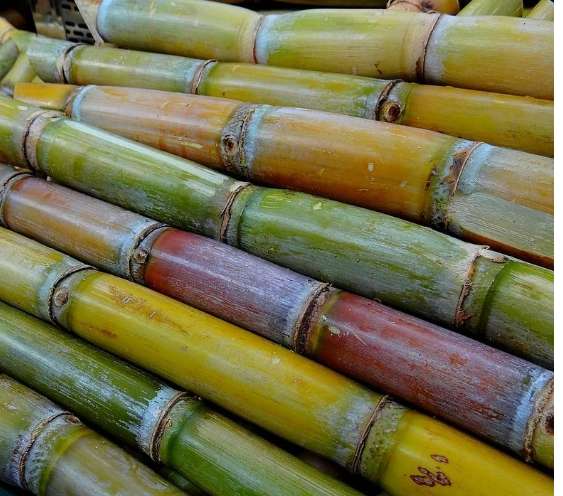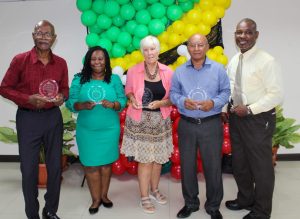The Resurgence of Sugar Plantations in Jamaica: A Potential Revival?
The Jamaican sugar industry, once a powerhouse in the global market, has experienced a significant decline in recent decades, prompting the government to implement revitalization strategies. The newly launched Sugar Industry Authority Training Institute (SIATI) represents a crucial step in this effort, aiming to bolster the industry’s long-term sustainability by addressing critical weaknesses in productivity and efficiency. These shortcomings have plagued both farmers and manufacturers, hindering their ability to compete in the international market. SIATI’s curriculum will focus on disseminating international best practices in key areas, including sugar processing, cane cultivation, and sustainable farming techniques, ultimately equipping stakeholders with the knowledge and skills necessary to modernize operations and enhance competitiveness.
The decline in Jamaican sugar production is a stark contrast to its historical prominence. In the 1960s, Jamaica held a leading position in the global sugar market, with production peaking at over half a million tonnes in 1965. This golden era, however, has gradually faded, with production figures dwindling to projected levels of just 34,000 metric tons for the 2024/2025 marketing year. This dramatic downturn reflects the cumulative impact of several challenges, including high production costs, labor shortages, and the continued reliance on outdated equipment. These factors have collectively eroded the industry’s competitiveness, making it difficult for Jamaican producers to compete with larger, more modernized operations, particularly those in regions like Florida with vast, flat terrains conducive to mechanized farming and processing.
SIATI’s training programs will be instrumental in addressing these challenges. By focusing on modern techniques, advanced technologies, and environmentally sound practices, the institute aims to equip industry players with the tools needed to improve efficiency, reduce costs, and enhance the quality of their output. The curriculum will cover a wide range of topics, from workforce skills development to the adoption of sustainable agricultural practices, ensuring a comprehensive approach to industry revitalization. Furthermore, the institute will explore strategies for expanding market opportunities, helping Jamaican sugar producers access new markets and diversify their revenue streams.
The implementation of online learning through the Moodle platform, starting in January 2025, signifies a commitment to accessibility and widespread dissemination of knowledge. This approach will allow individuals across the industry, from field workers to factory managers, to participate in the training programs, regardless of their geographical location. This broad reach is crucial for ensuring that the benefits of SIATI’s training are felt throughout the entire sugar sector, contributing to a collective effort towards revitalization. The focus on online learning also underscores the institute’s commitment to leveraging technology as a driver of modernization and efficiency within the industry.
The Jamaican government recognizes SIATI as a pivotal initiative in its broader strategy to rejuvenate the sugar sector. By investing in training and development, the government aims not only to increase sugar production and improve market competitiveness but also to promote sustainable practices that ensure the long-term viability of the industry. This encompasses both environmental sustainability, through the adoption of eco-friendly farming methods, and economic sustainability, by creating a more resilient and competitive industry capable of providing livelihoods for generations to come. The success of SIATI will depend on the active participation and commitment of all stakeholders, from farmers to policymakers, in embracing the changes and opportunities presented by the institute’s training programs.
The establishment of SIATI marks a significant turning point for the Jamaican sugar industry. By addressing the root causes of its decline through targeted training and development, the institute offers a roadmap for revitalization and sustainable growth. The focus on modern techniques, advanced technologies, and environmental stewardship will not only improve productivity and efficiency but also position the industry for long-term success in a competitive global market. The success of this initiative will hinge on the collective effort of all stakeholders to embrace the changes and opportunities presented by SIATI, working together to restore the Jamaican sugar industry to its former glory. The online learning platform ensures accessibility and widespread participation, further strengthening the potential for positive impact across the sector.
Share this content:











Post Comment